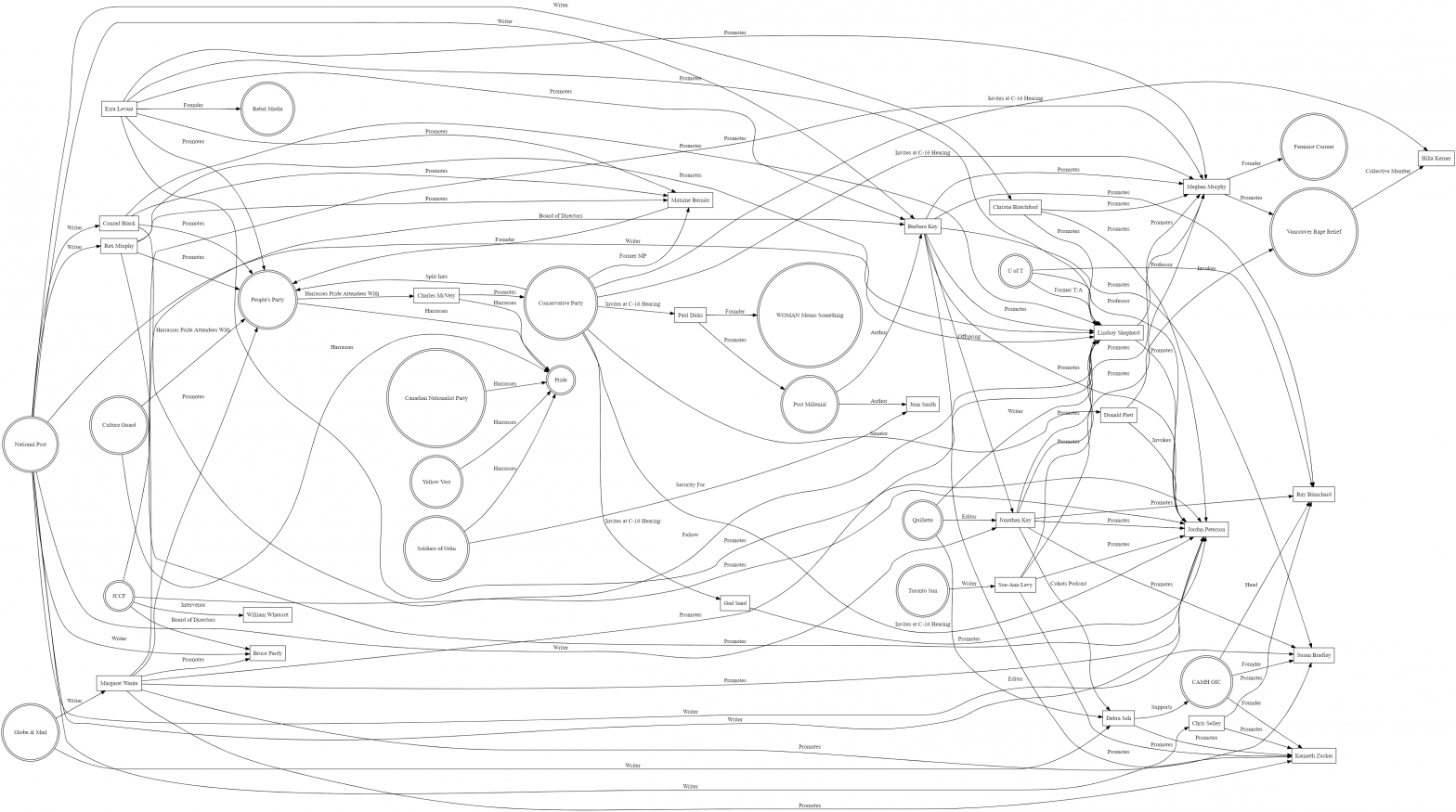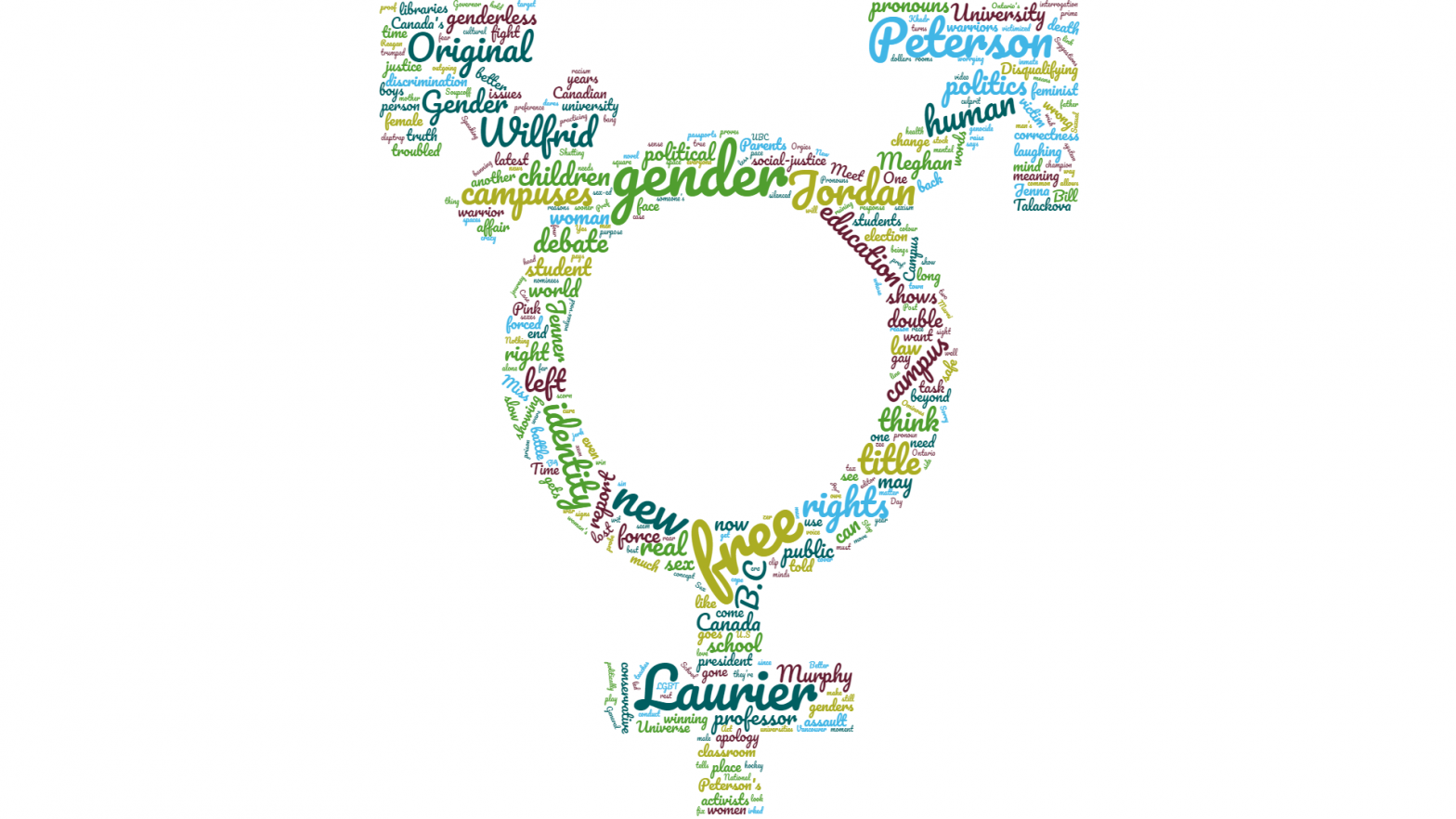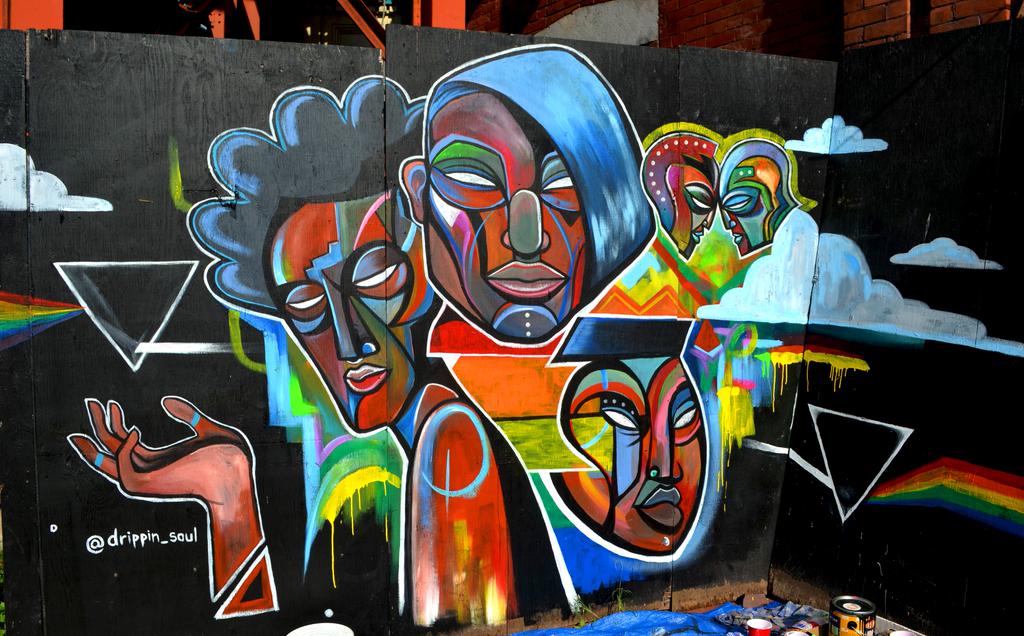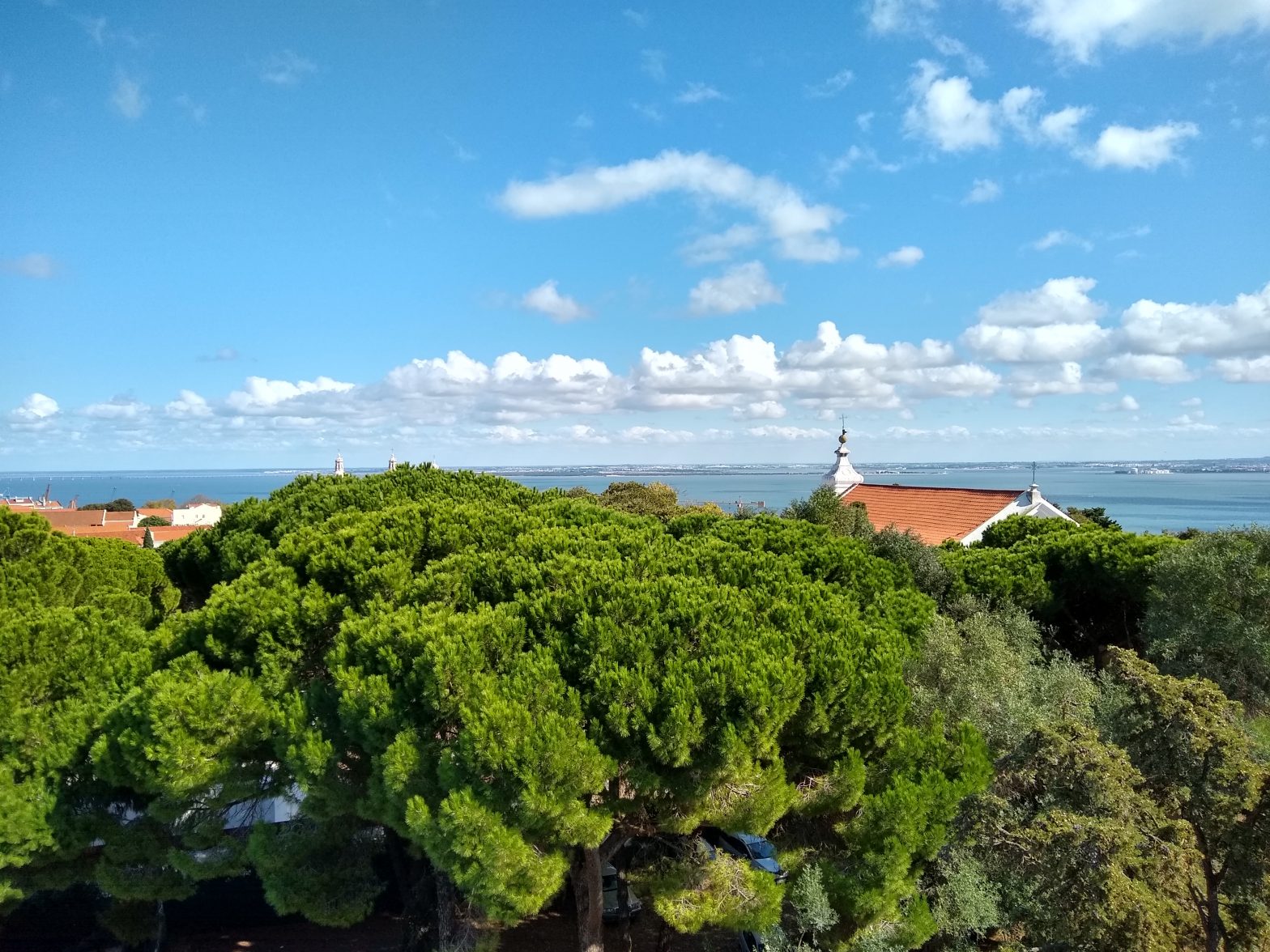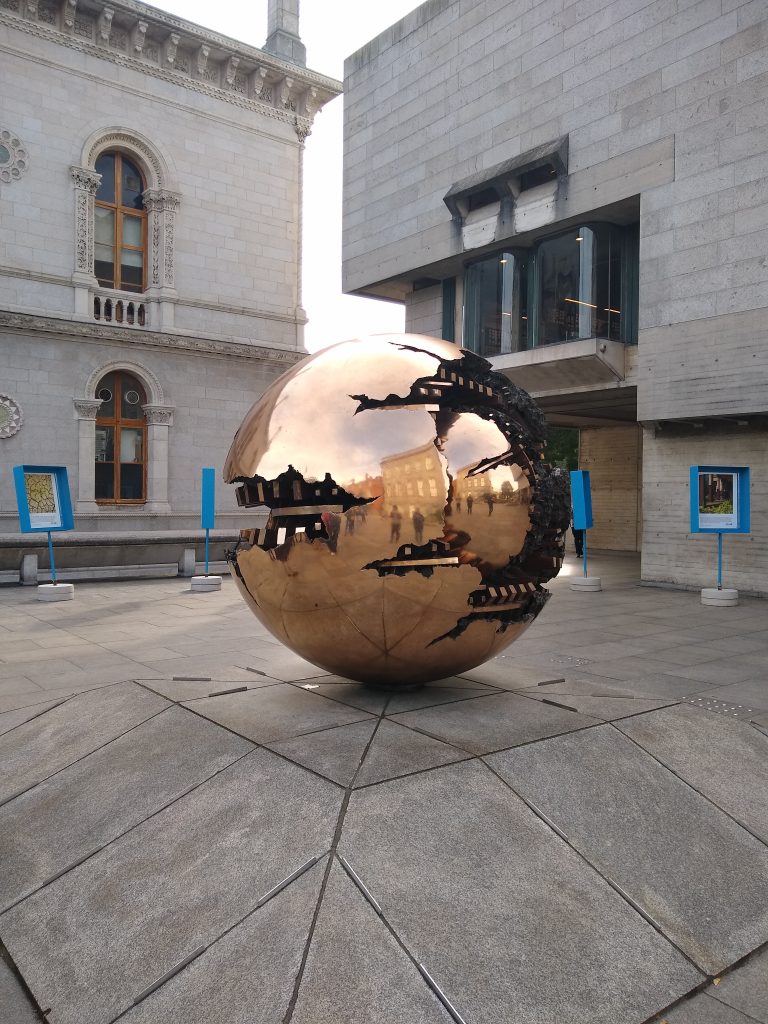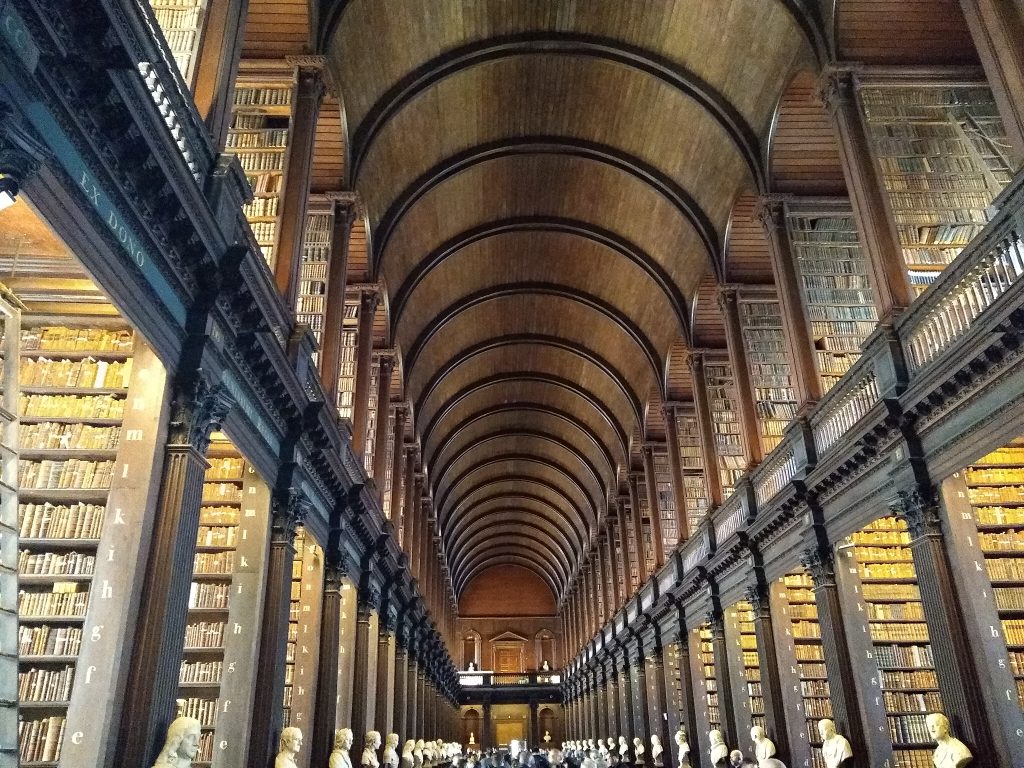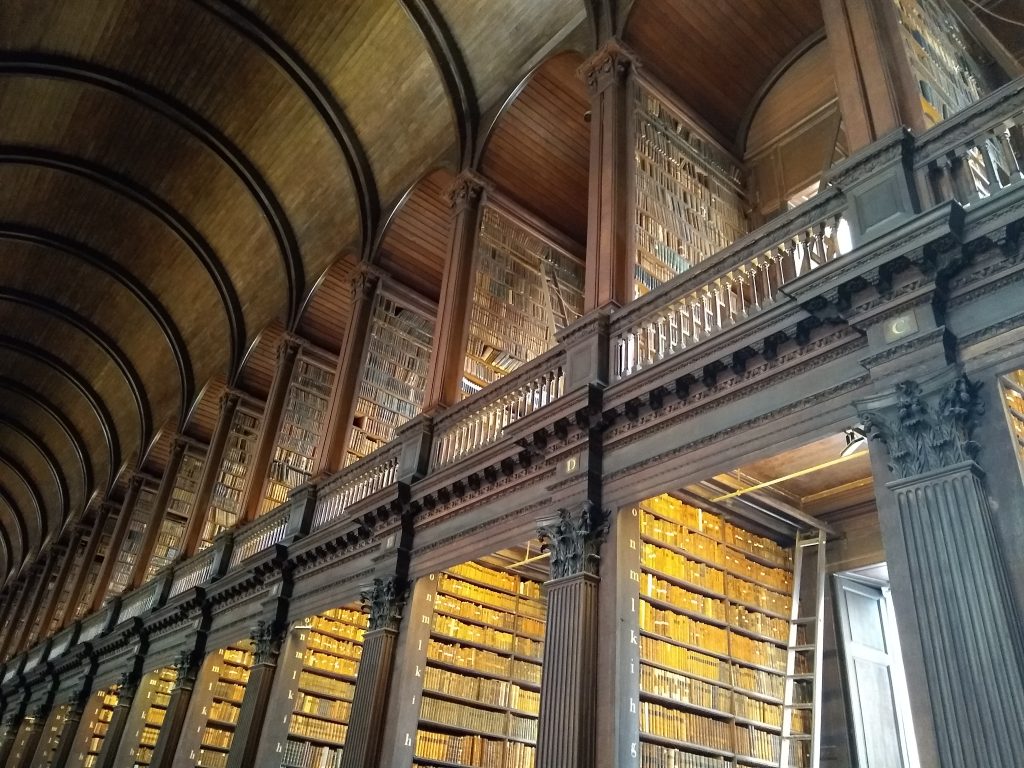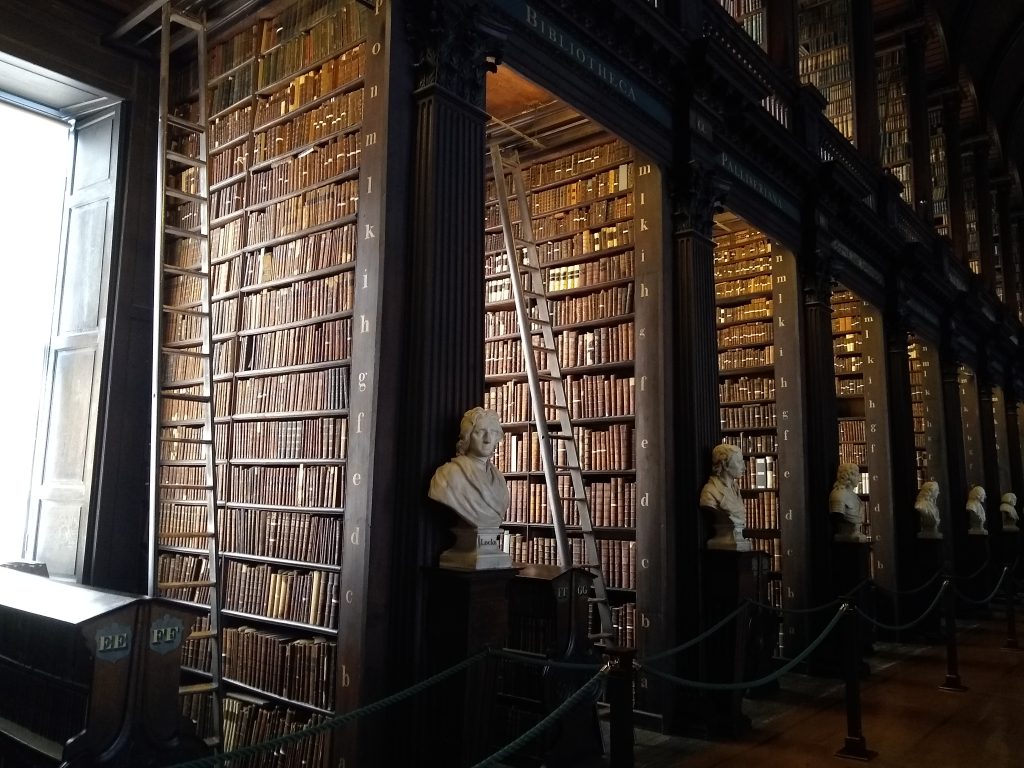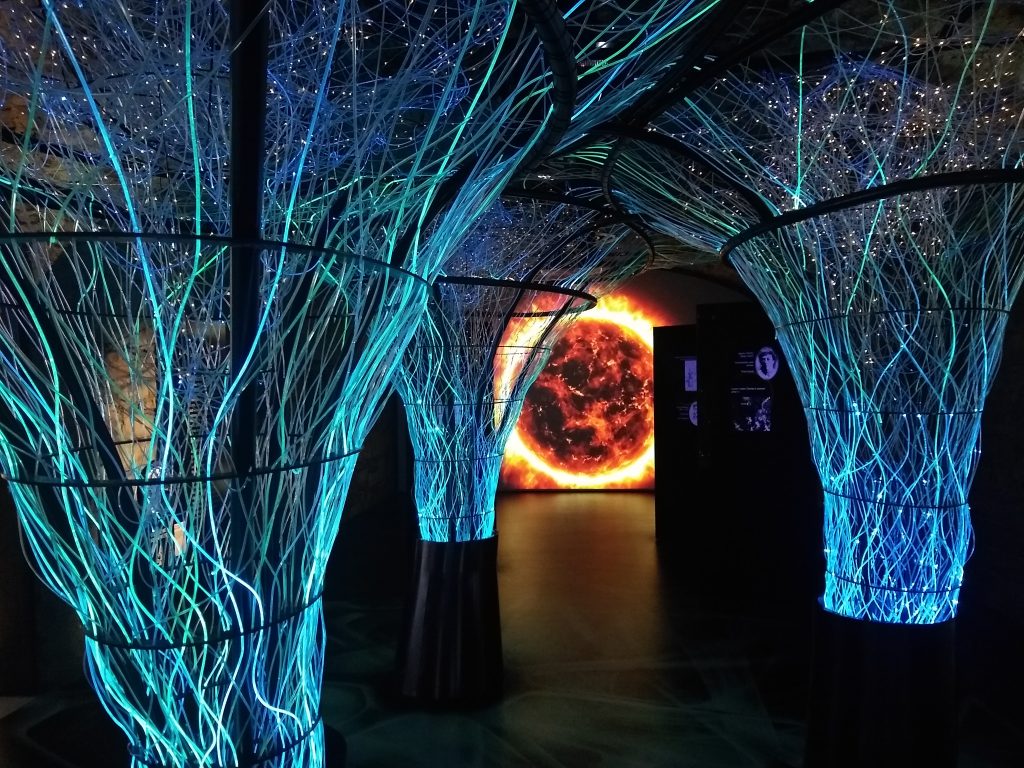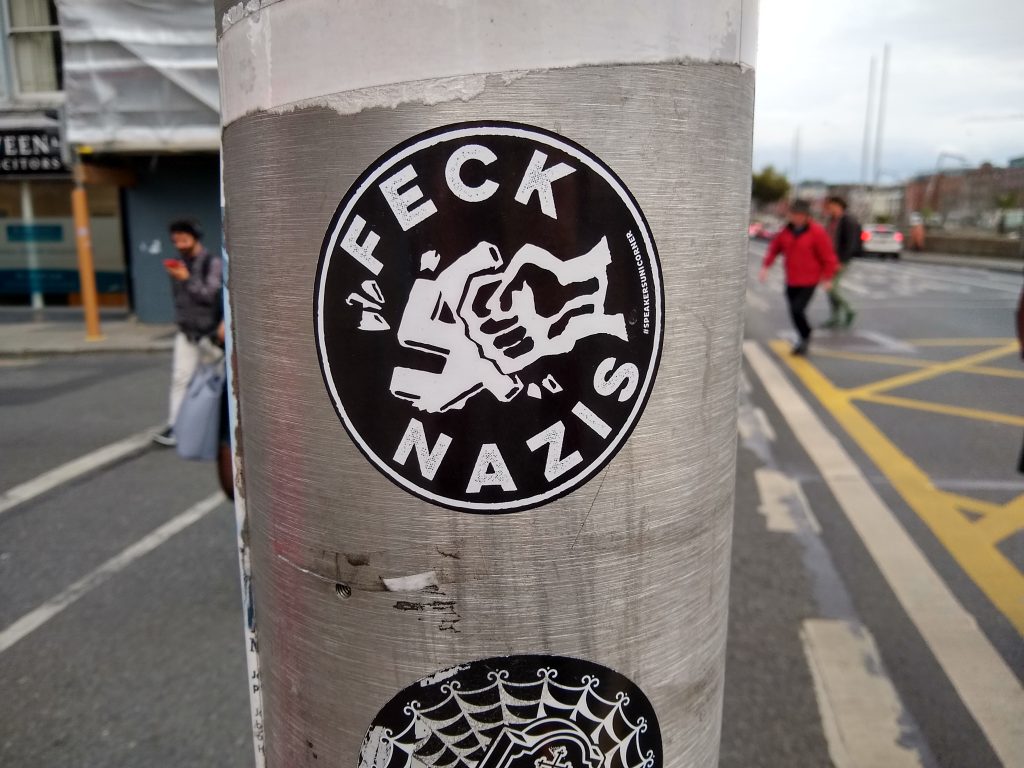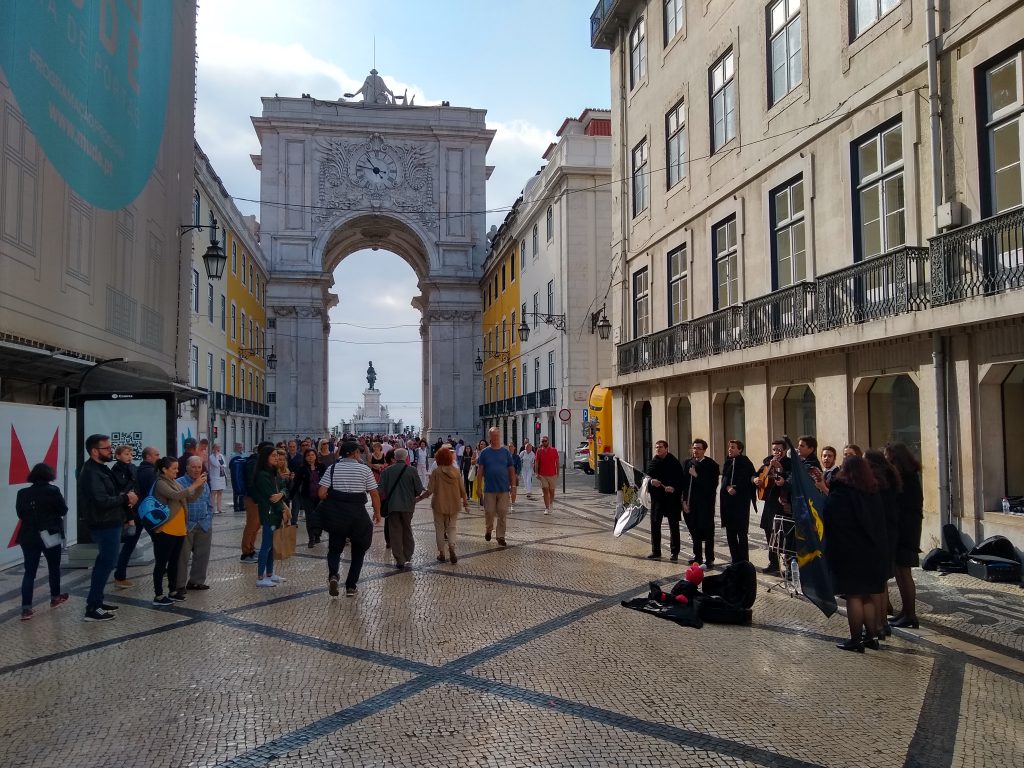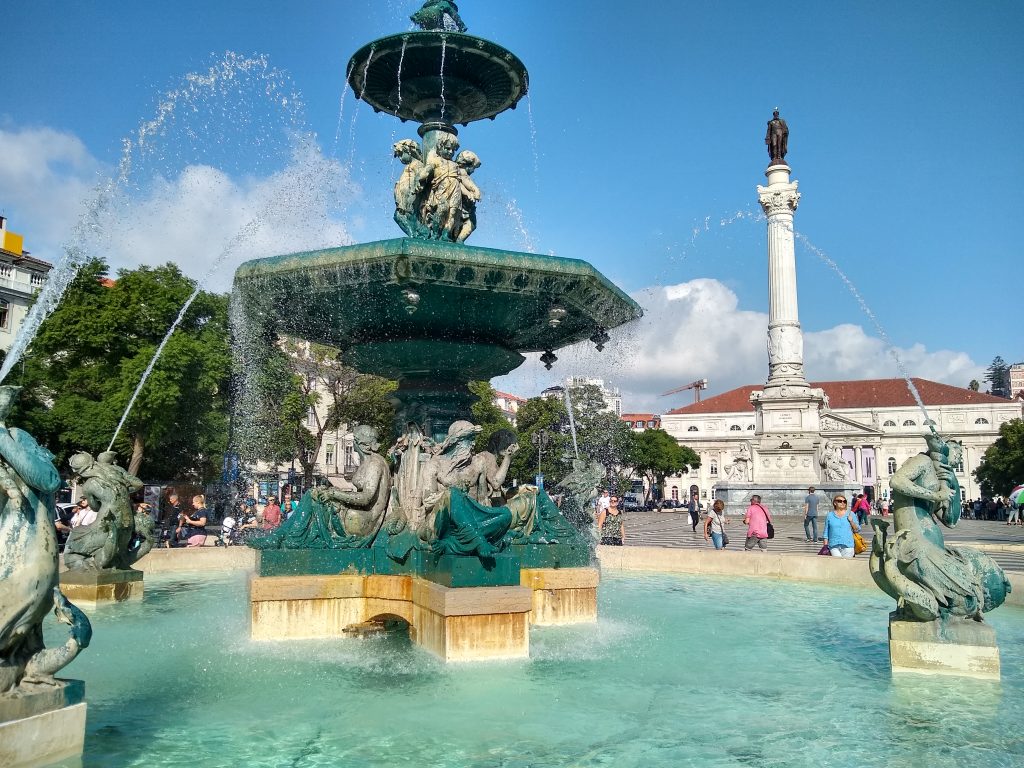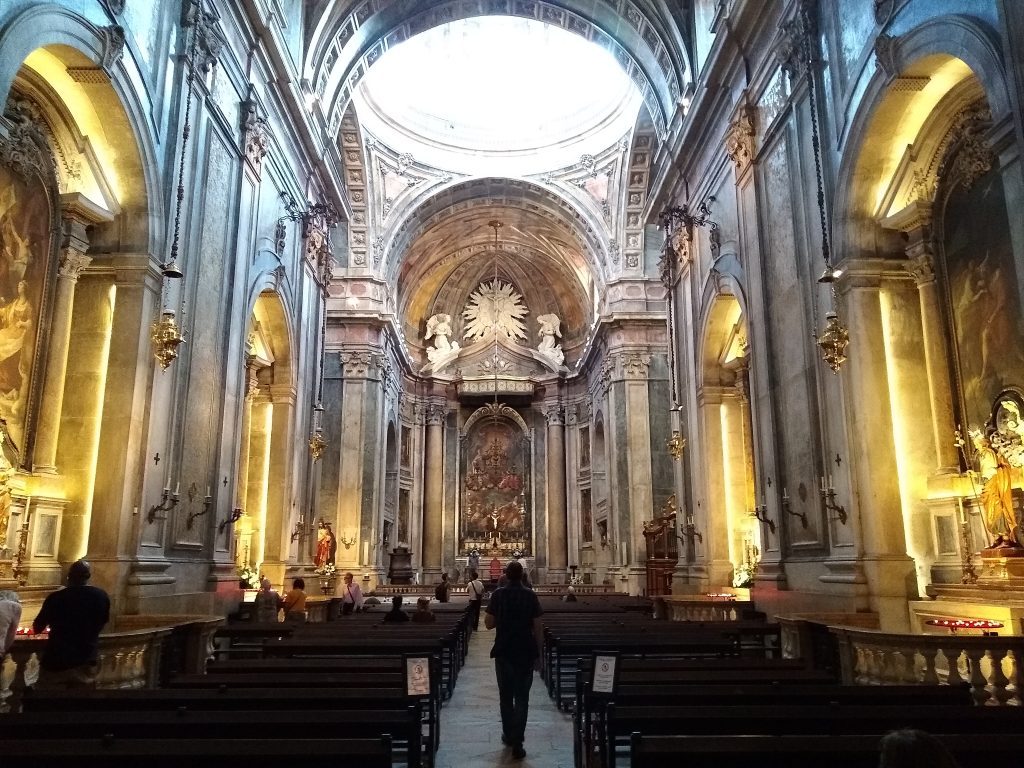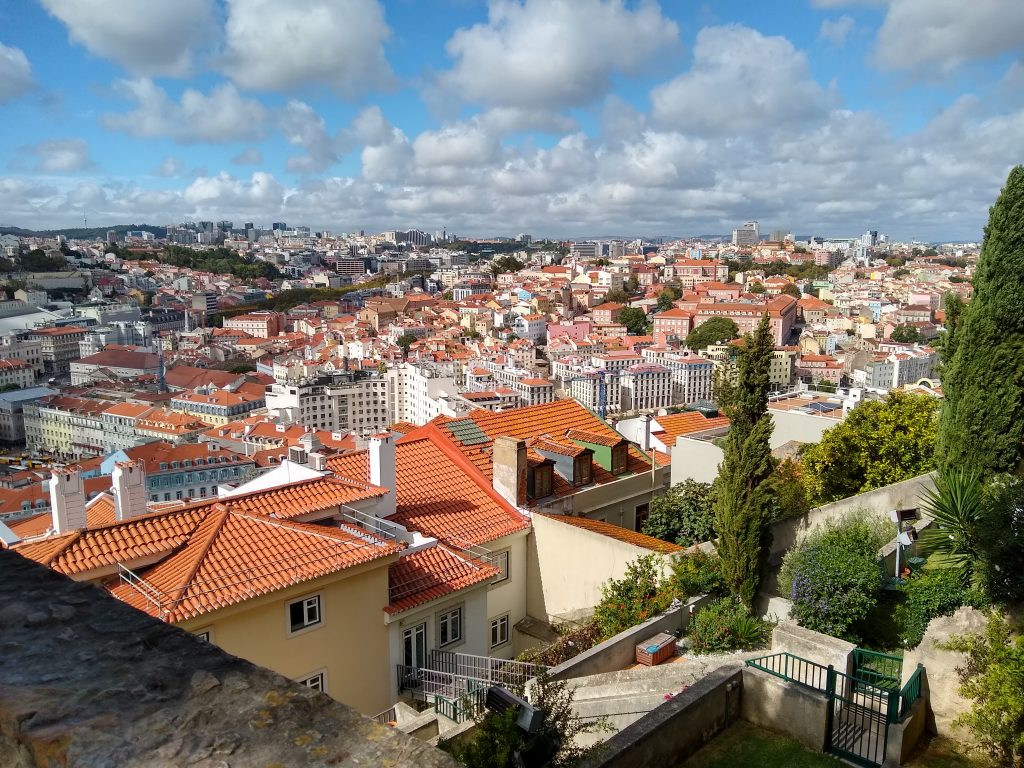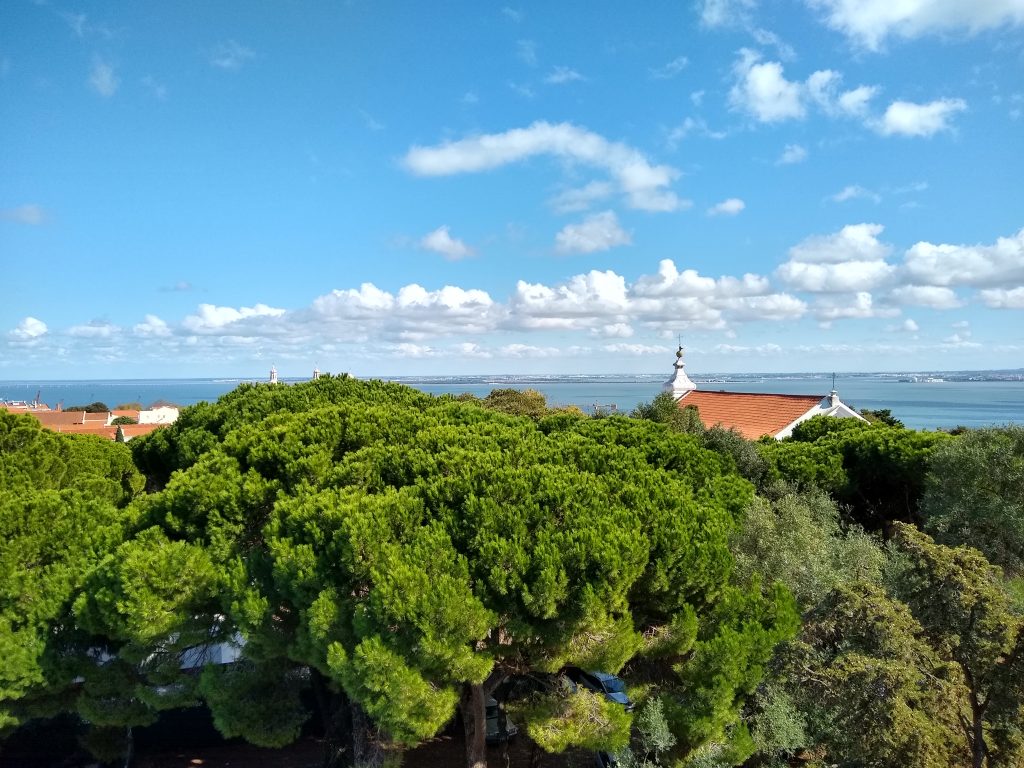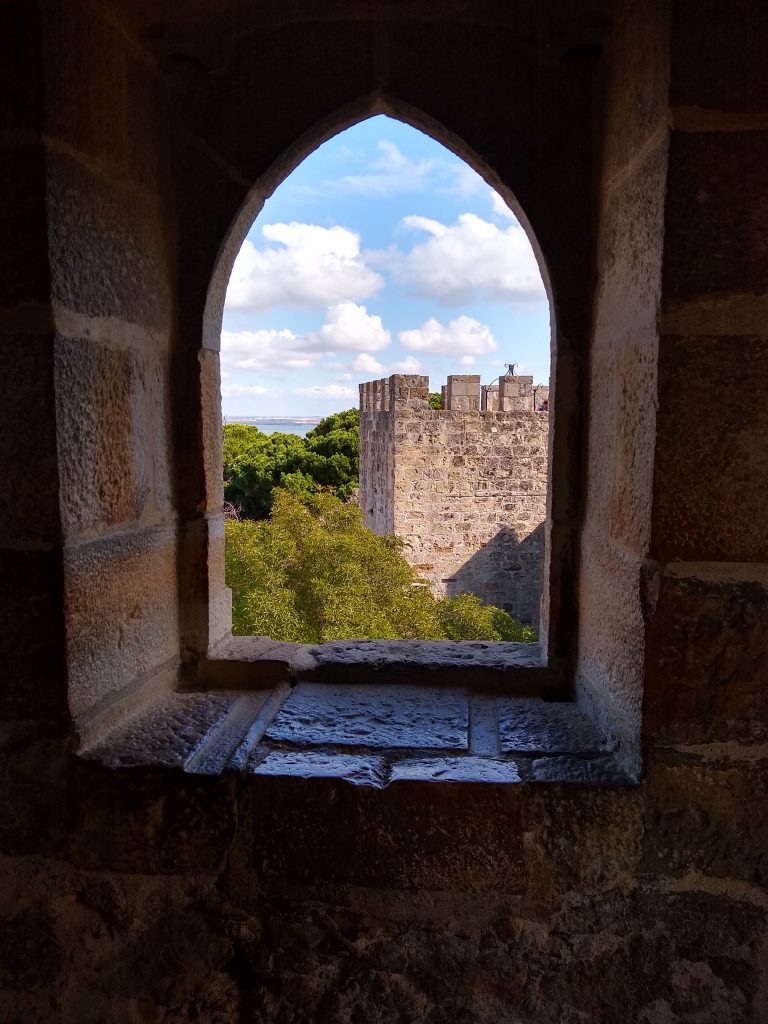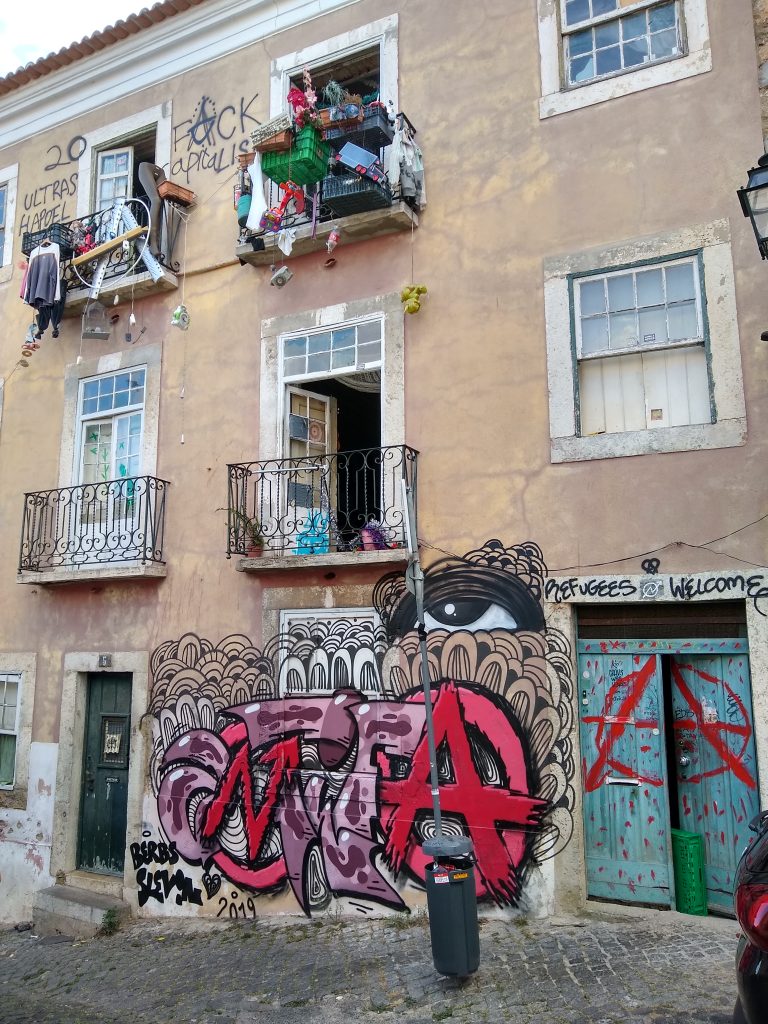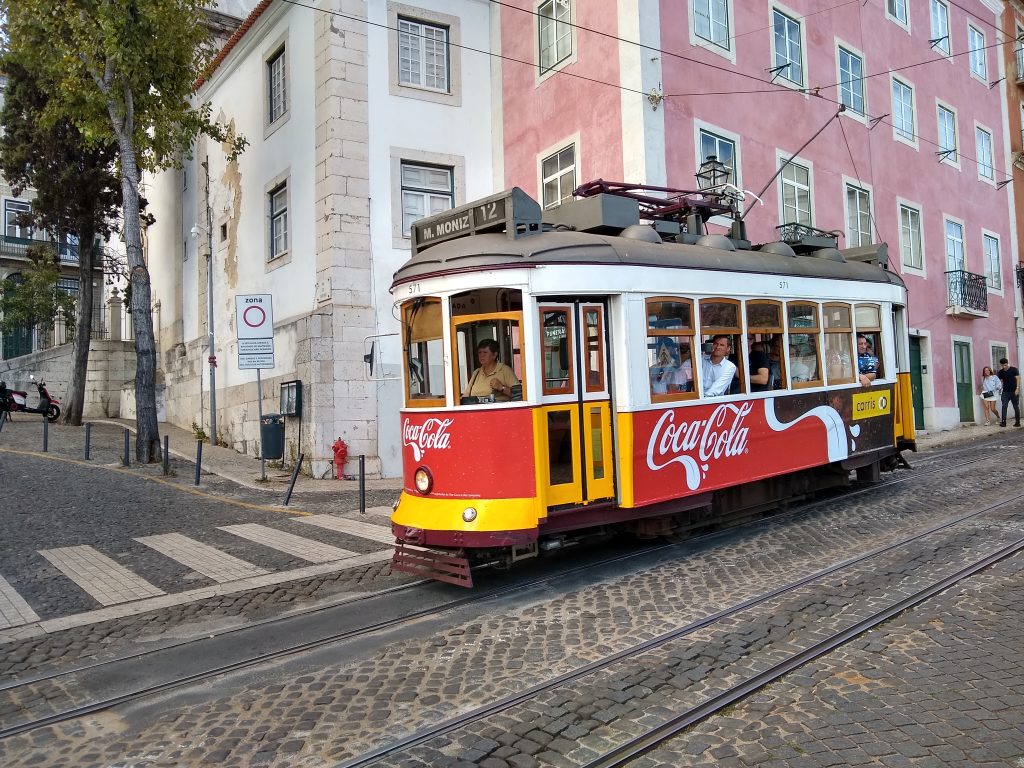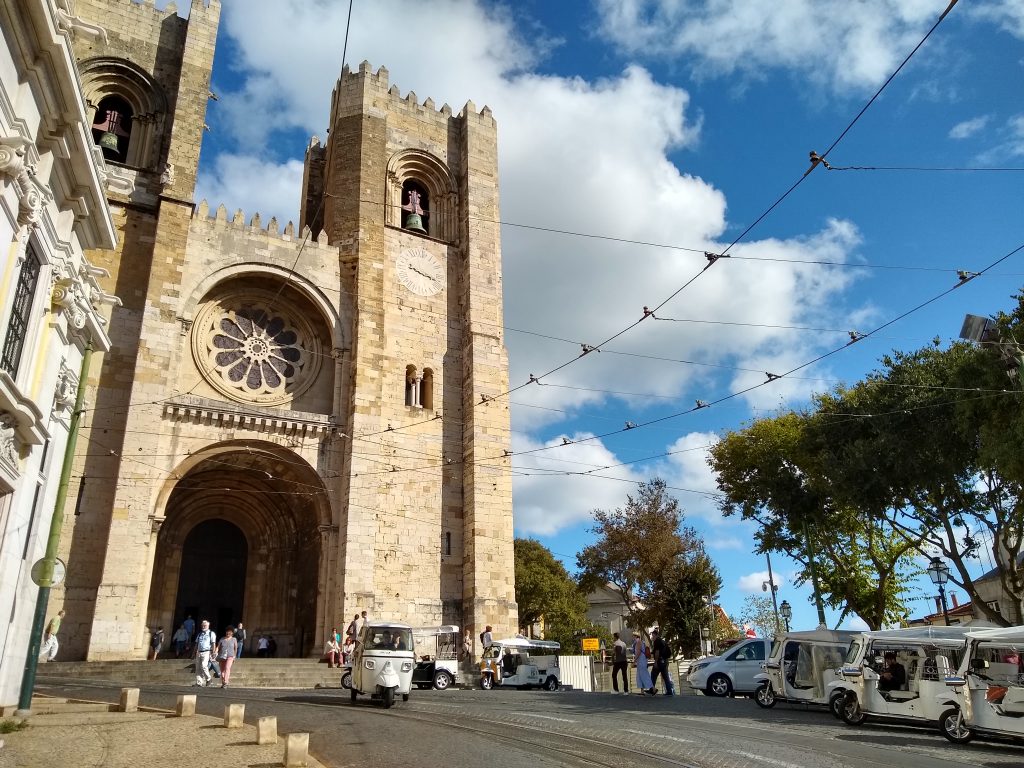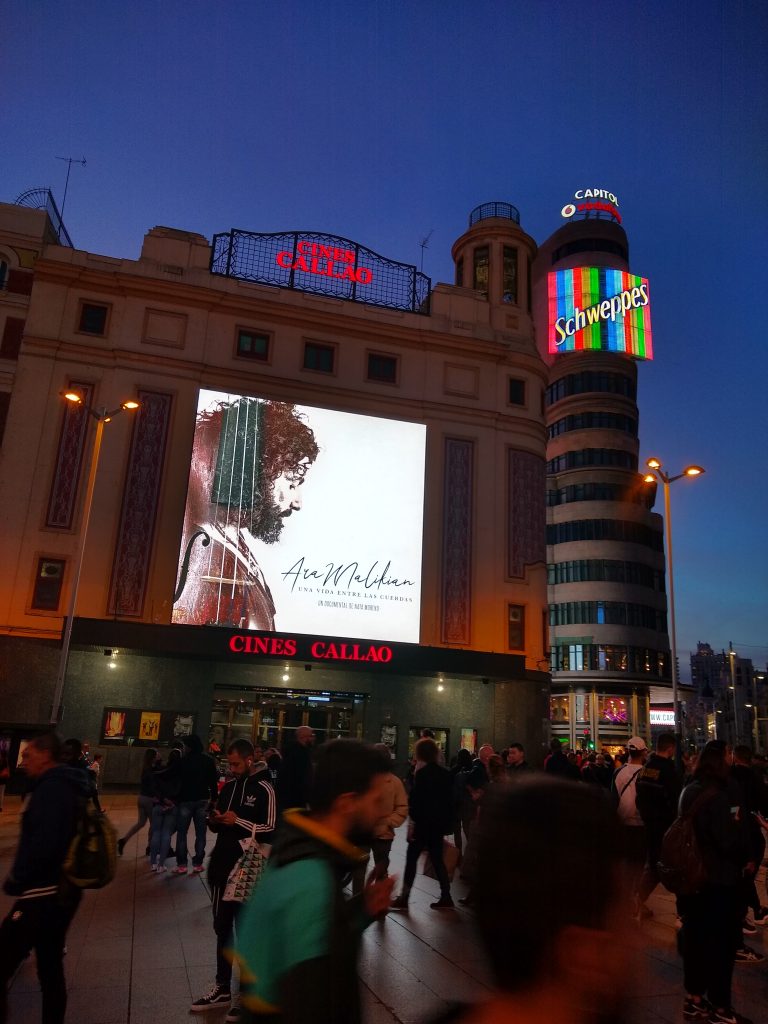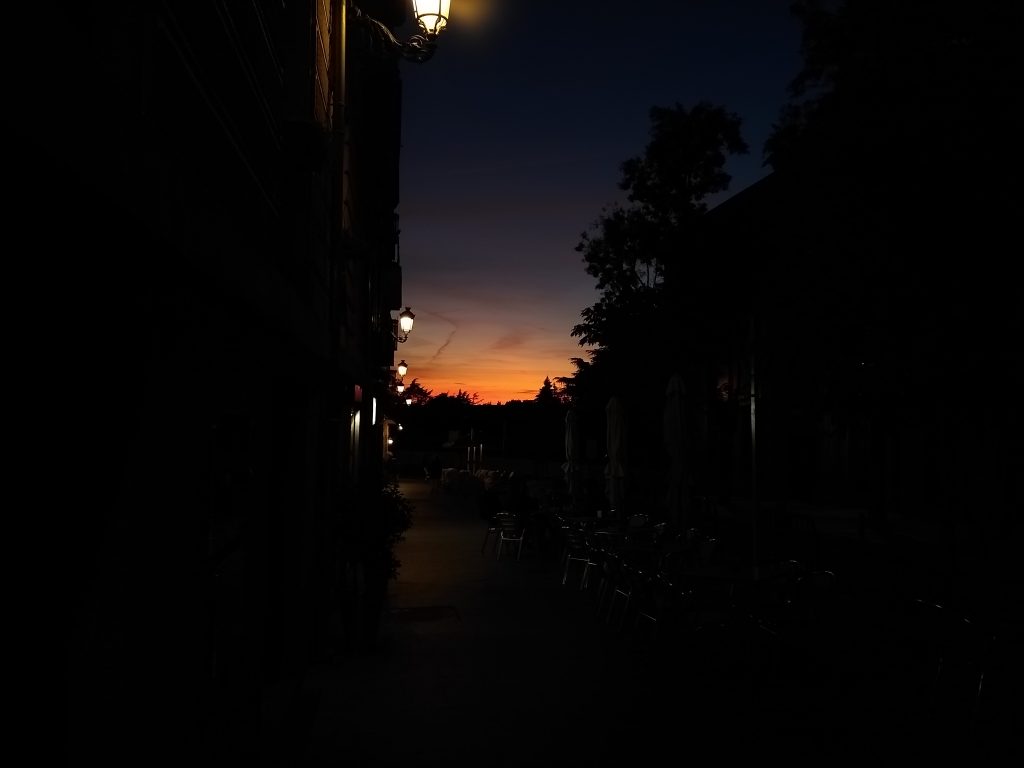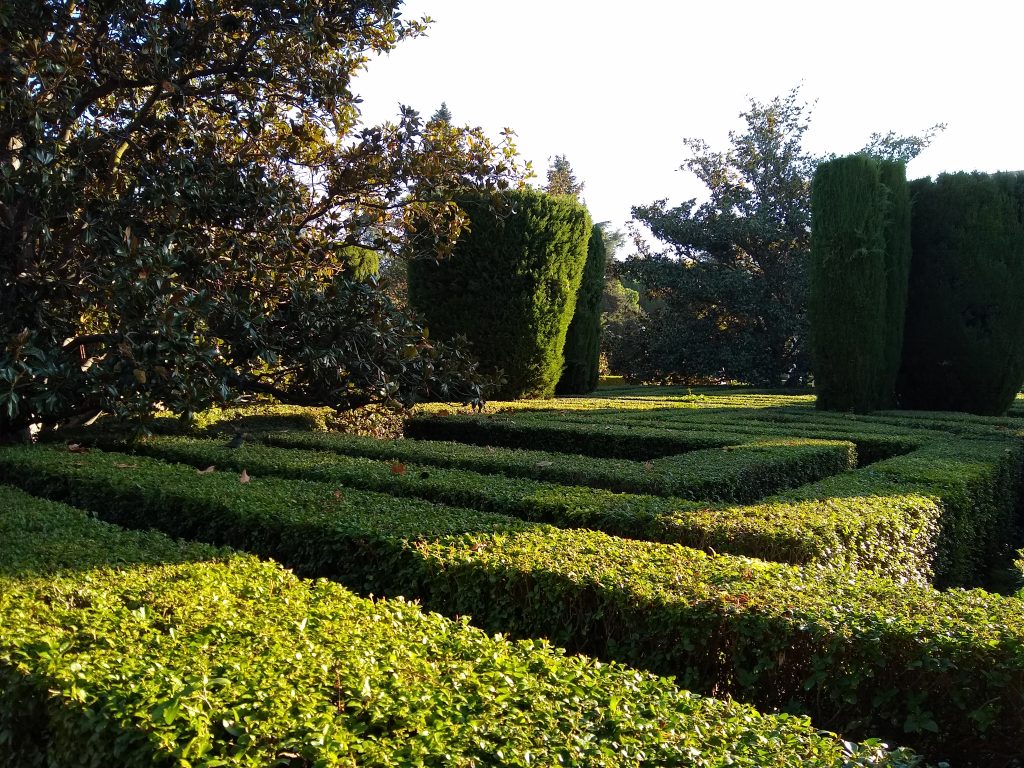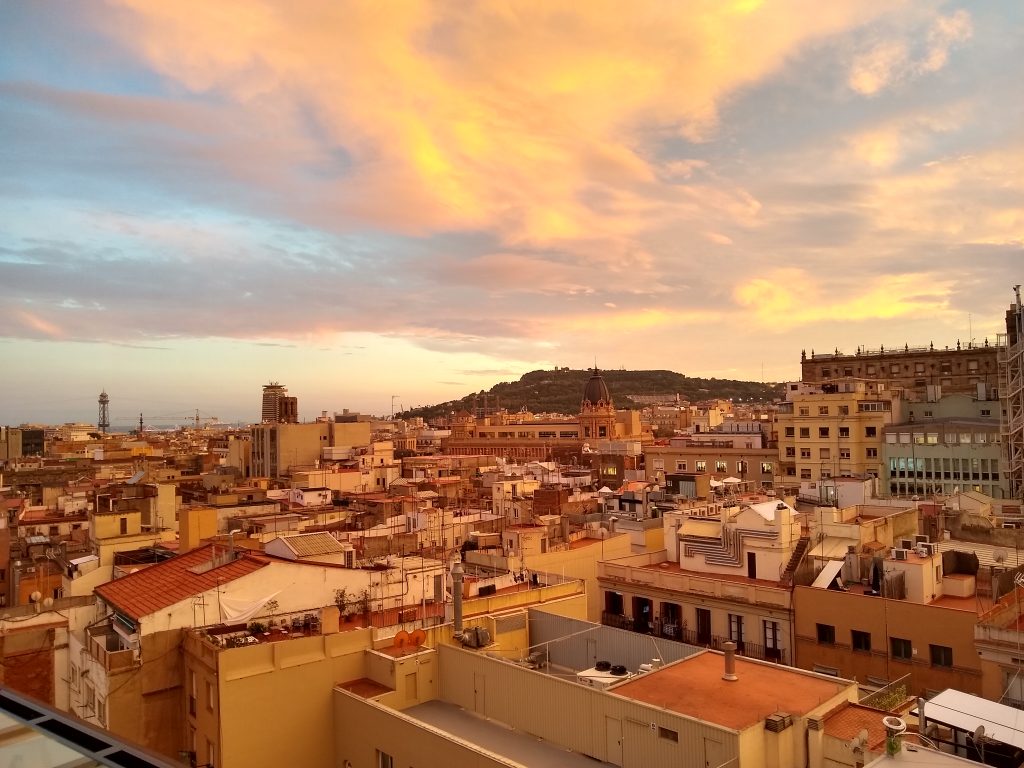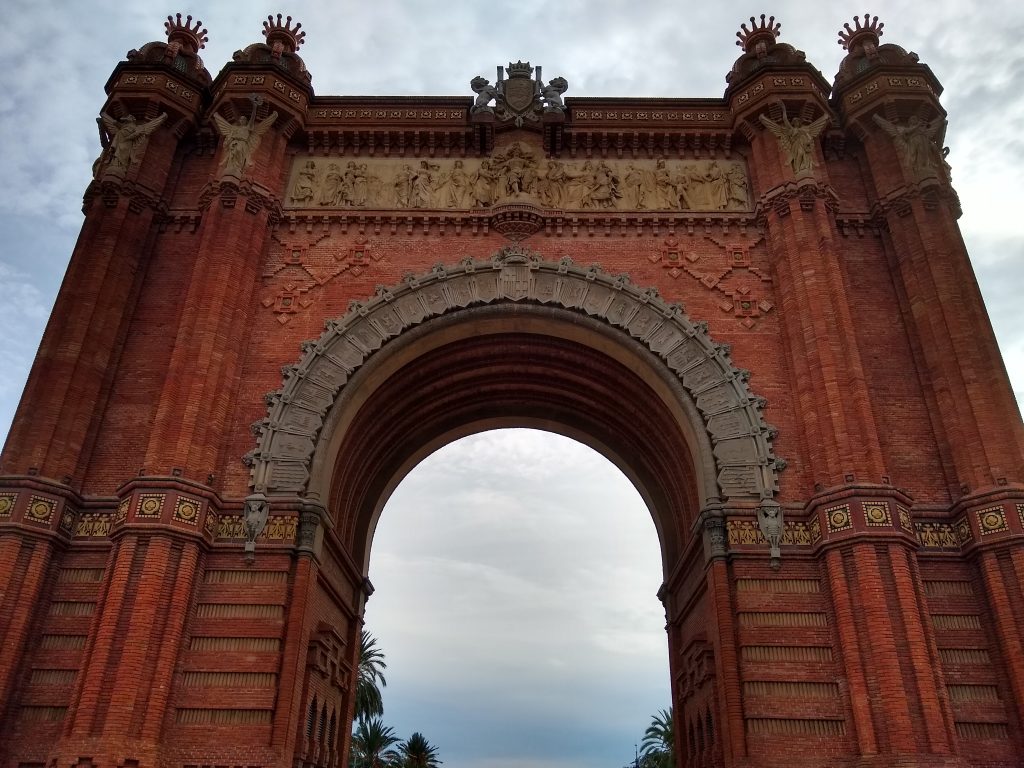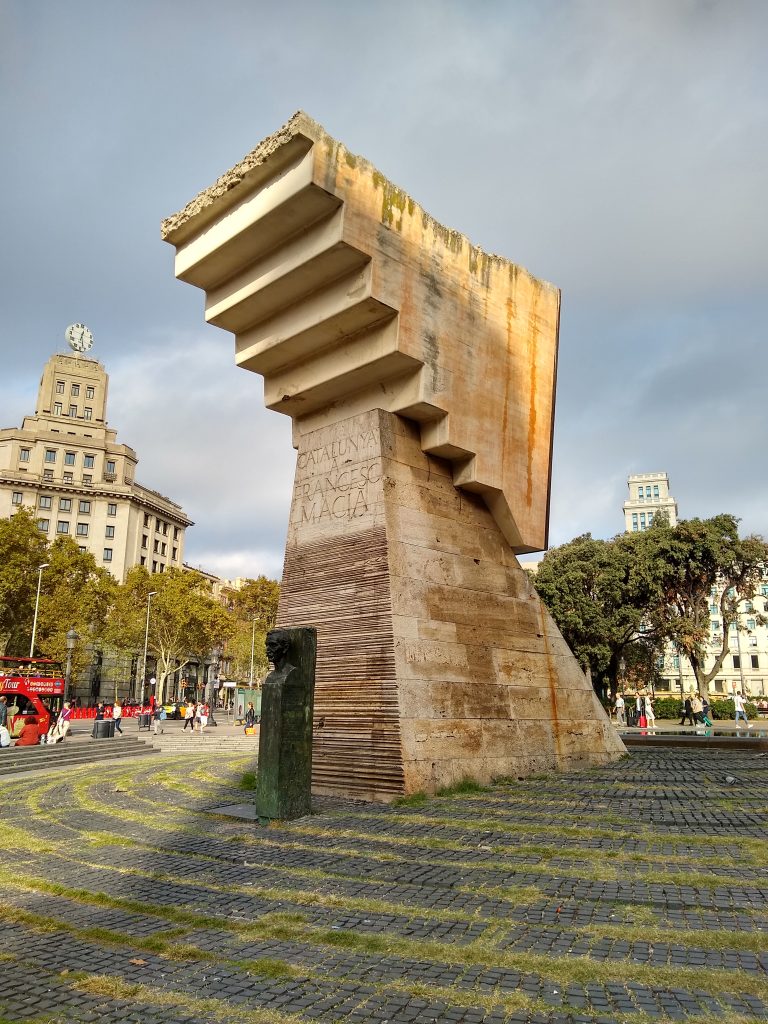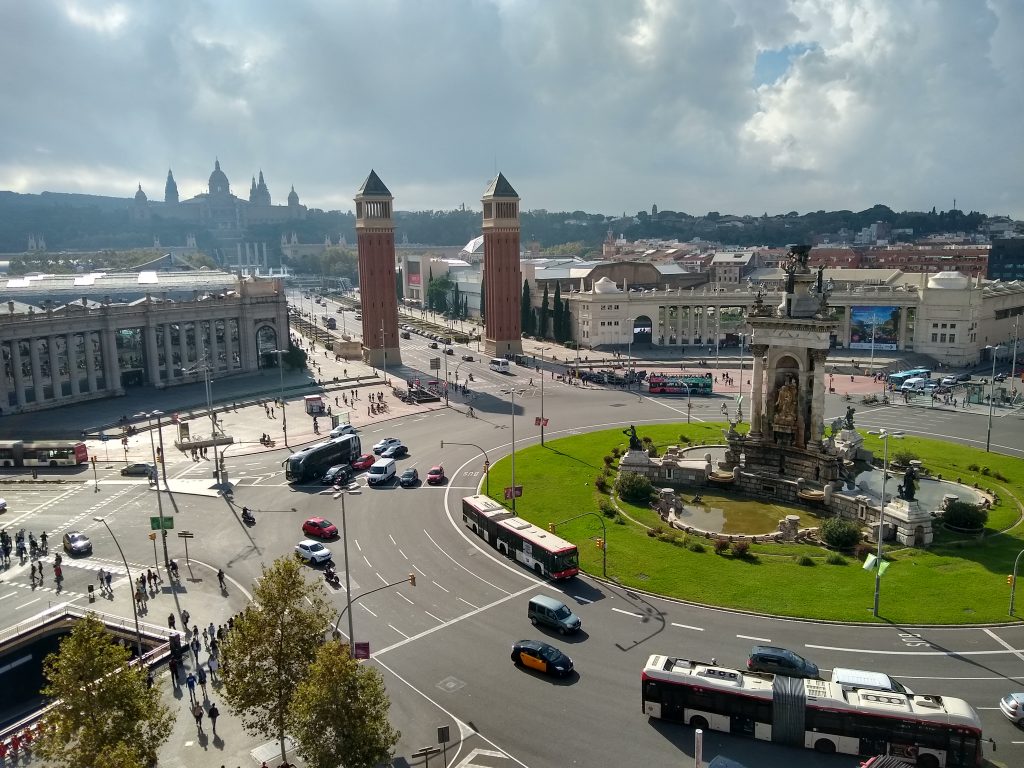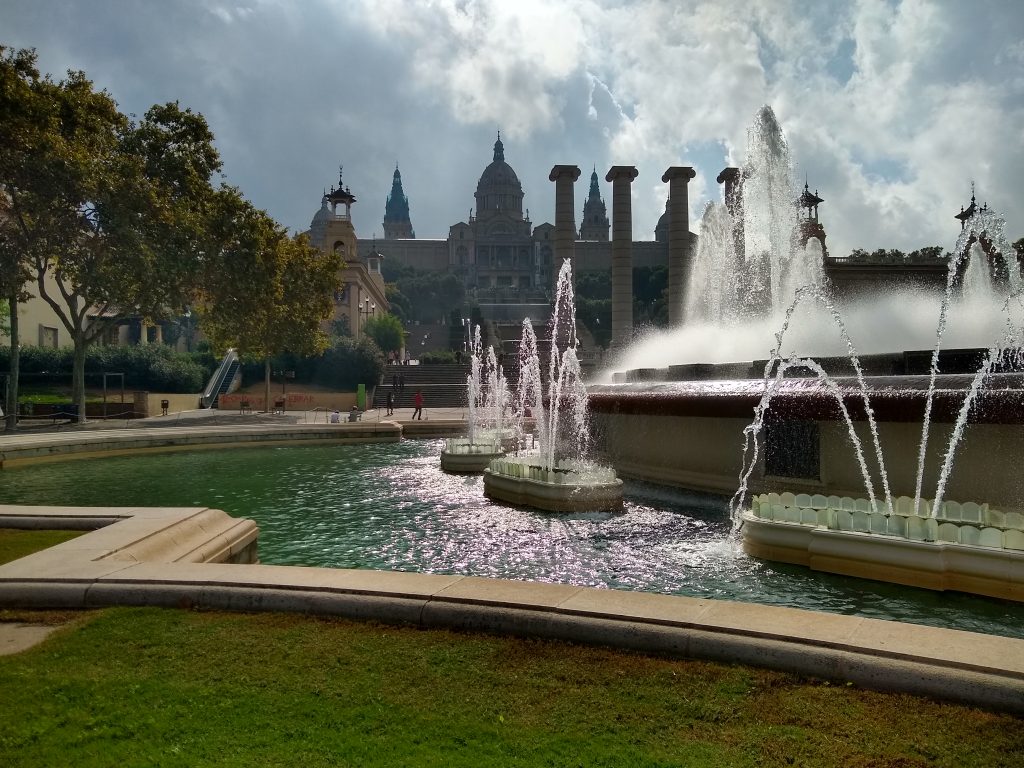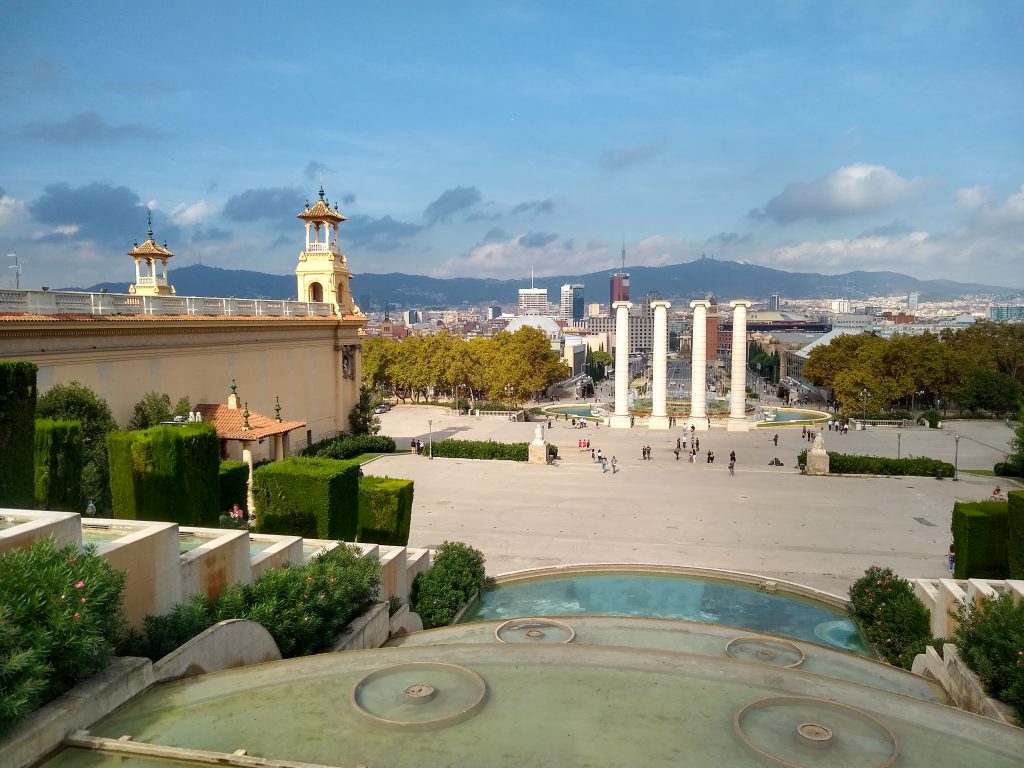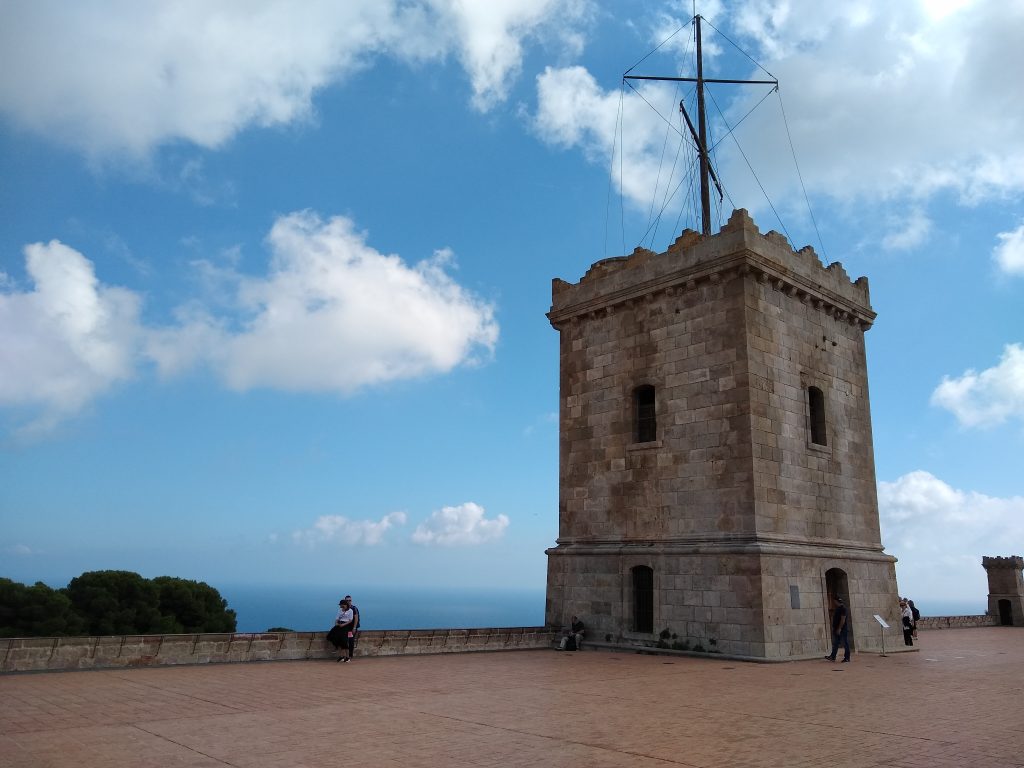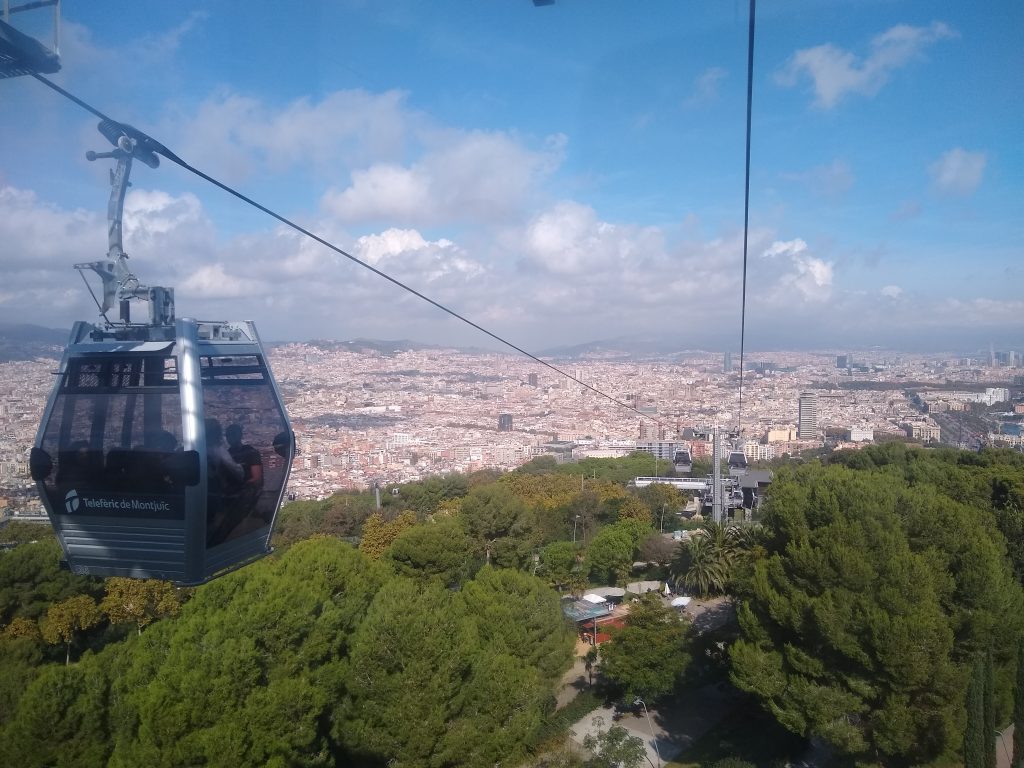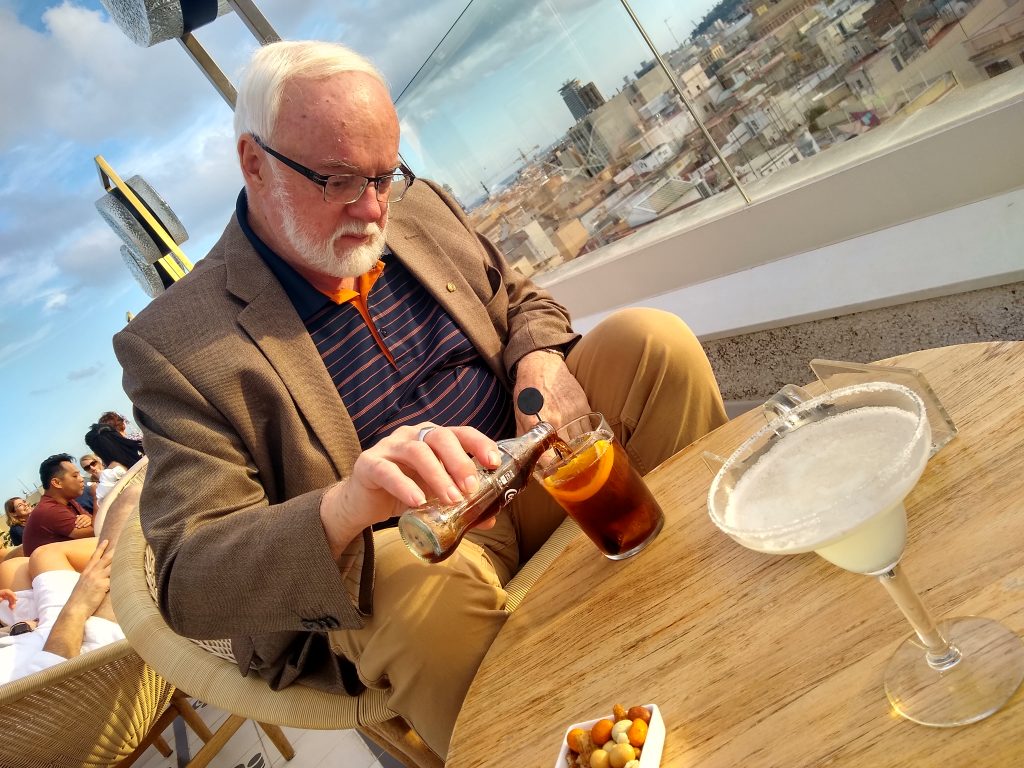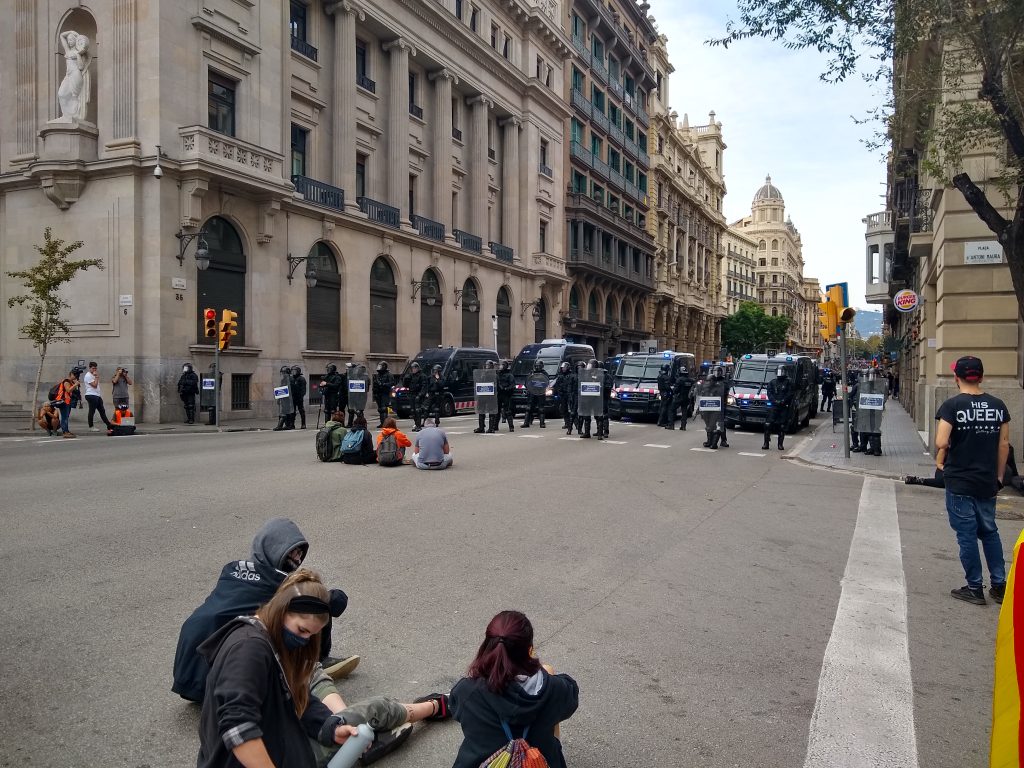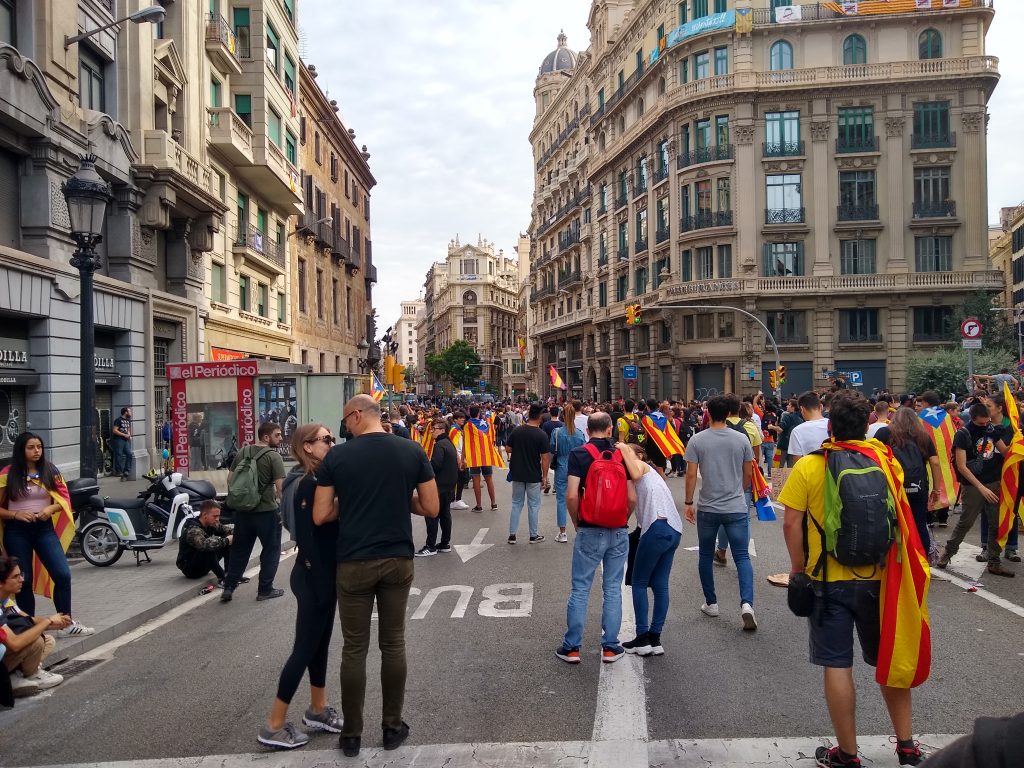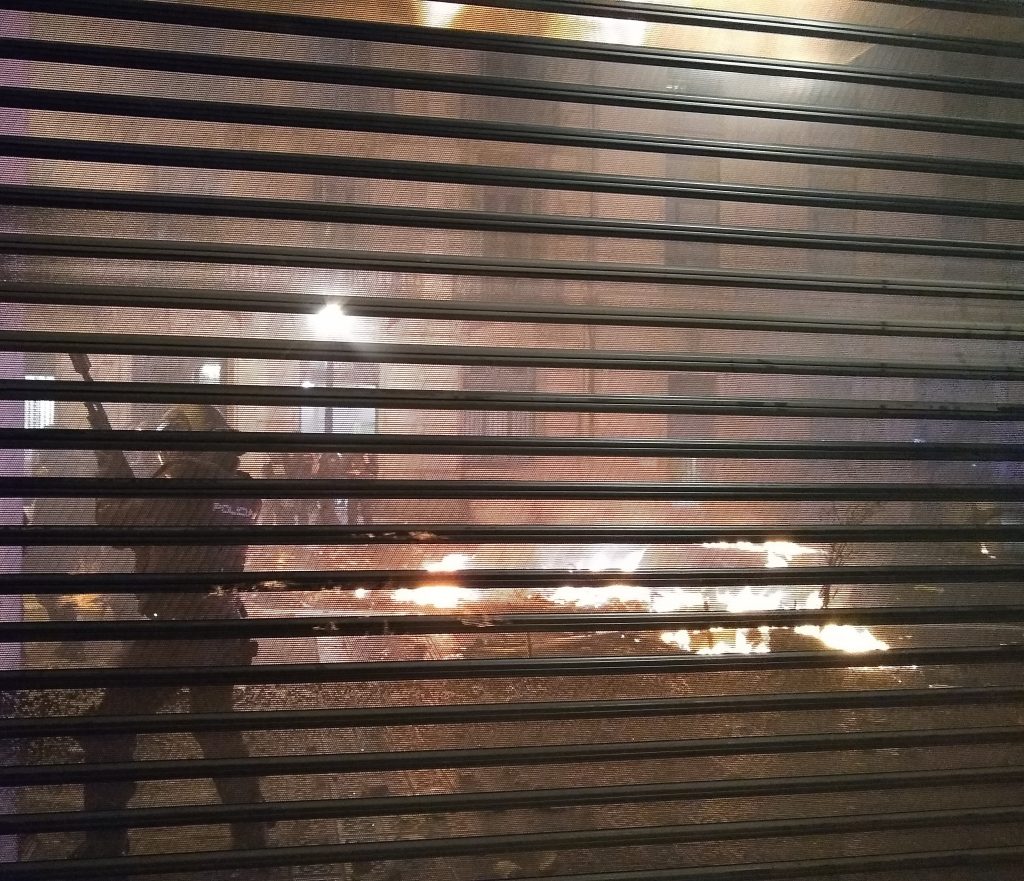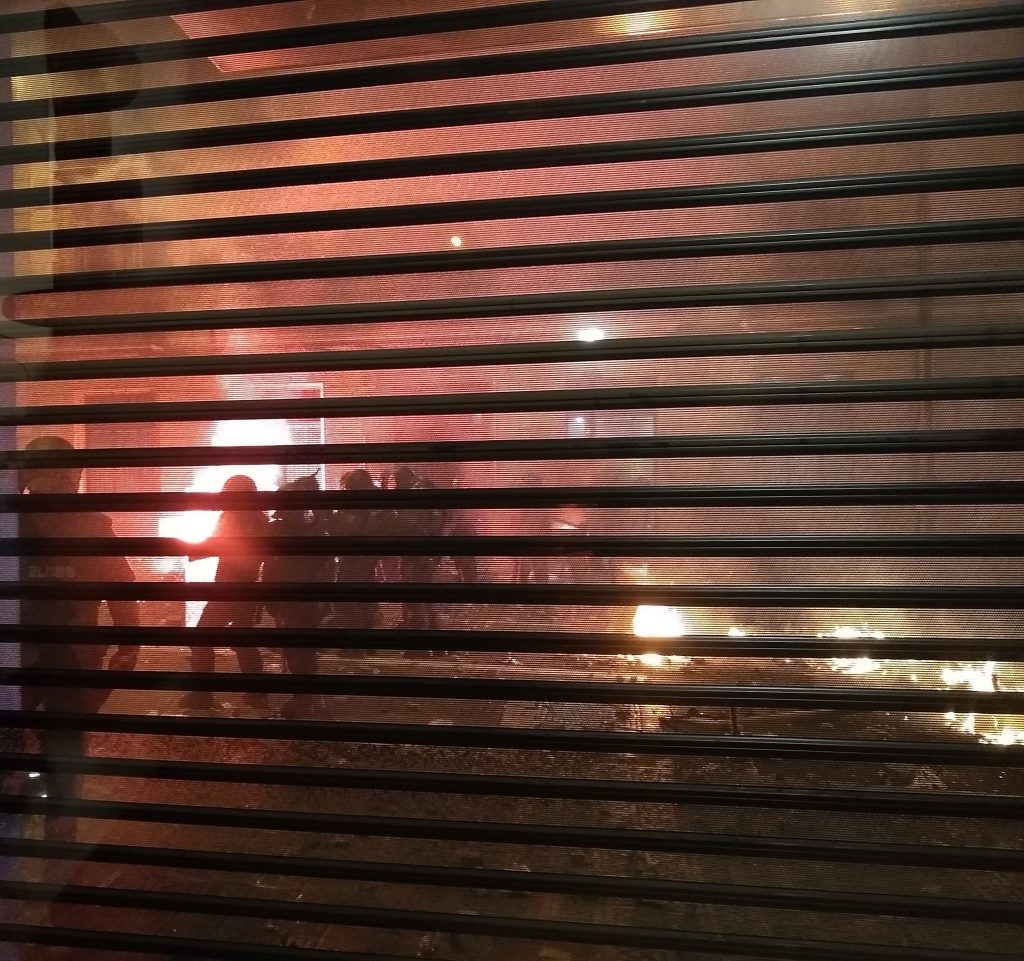I mapped out some of the ways that high-profile anti-trans advocates in Canada are related. The chart is a mess because these transphobes are highly interconnected:
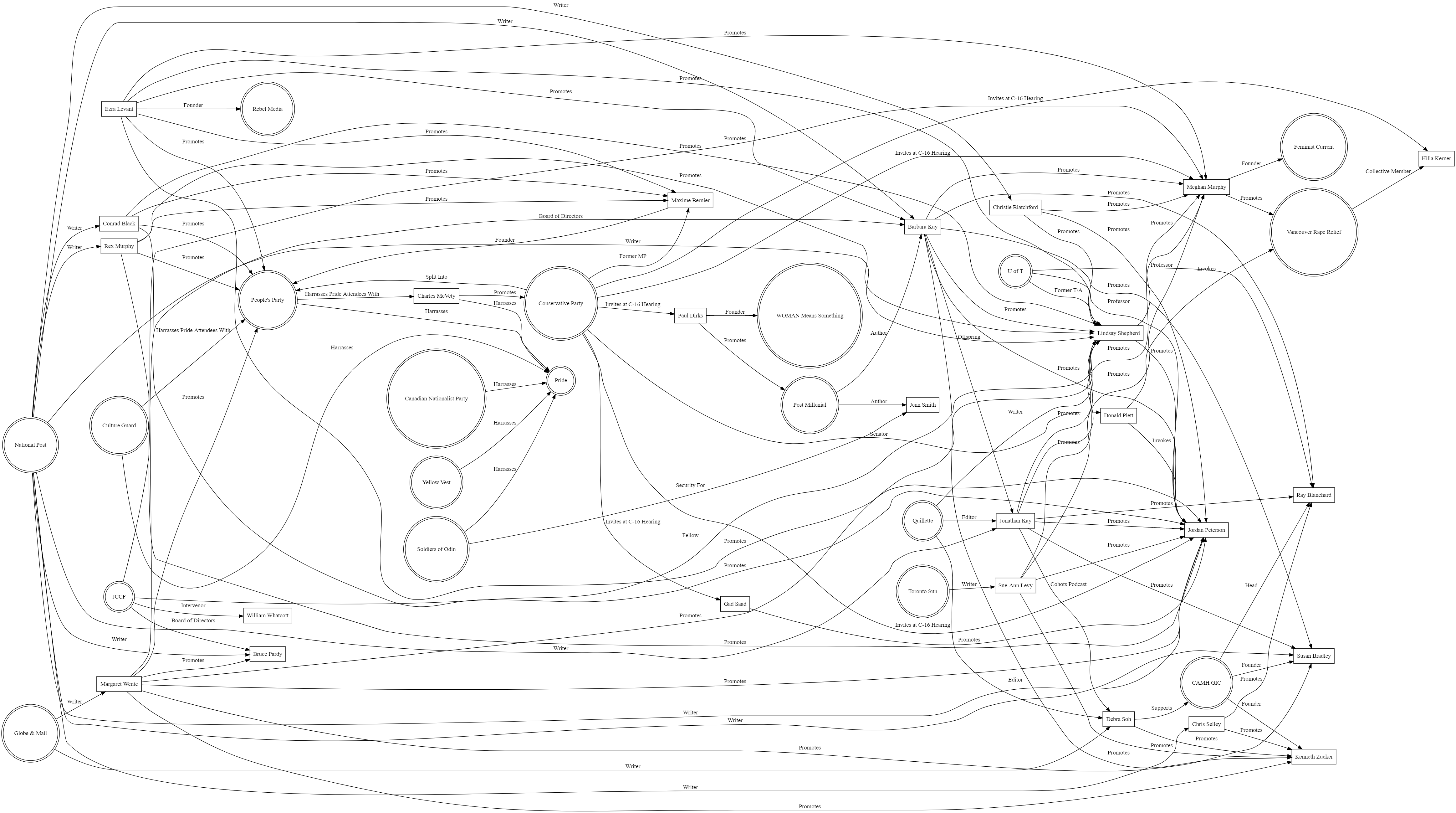
While there are hundreds of thousands of trans or gender non-conforming people in Canada, it only takes a handful of cisgender individuals to harass people at Pride parades, fill newspapers with transphobic vitriol, and architect an opposition to our rights in Parliament. This handful amplify each other while occupying positions of power furthering the very reach that is denied to the hundreds of thousands of voices they lobby against.
In such a ecosystem, it becomes very easy for a previously unknown person with views that are marketable by these anti-trans advocates to be amplified and in turn be made an amplifier. This is what happened with Lindsay Shepherd, whose only involvement was that she was a T/A that was reprimanded by her university administrators for showing without context a transphobic exchange featuring Jordan Peterson, another member of this ecosystem. The National Post wrote 29 articles supporting Lindsay Shepherd from authors like Barbara Kay and her son Jonathan Kay. Now Lindsay Shepherd an author with the National Post, is an author with The Post Millennial (Barbara Kay is a contributor there), is a fellow with the Justice Centre for Constitutional Freedoms (Barbara Kay is on the boards of directors there), is a writer at Quillette (Jonathan Kay is an editor there). Shepherd promotes other members of this ecosystem like Meghan Murphy in her work. This past fall Jonathan Kay and Meghan Murphy were on a panel together moderated by Lindsay Shepherd named “How Media Bias Shapes the Gender Identity Debate“. The self-amplification is constant.
It is frustrating that a handful of cisgender people are able to have such a disproportionate influence in shaping the dialog around the rights of hundreds of thousands of trans and gender non-conforming individuals. On the outset, they appear to be independent voices representing many more, when in reality, they’re only representing each other.
